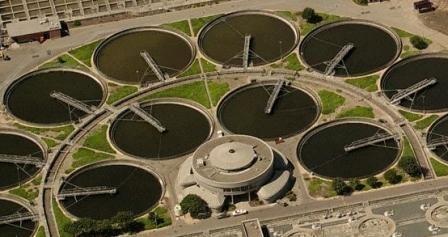
05/03/2015
Wastewater that produces green energy
Wastewater that produces green energy
More news
10/06/2015
The Barcelona Synchrotron Park in the SmartReFlex European project
01/06/2015
SENER and ALBA sign a technology transfer agreement
28/05/2015
Synchrotron light applications for the pharmaceutical industry
20/05/2015
Financial Times ranks ESADE 7th worldwide in open executive education programmes
14/05/2015
Joint promotion in Korea of the Barcelona Synchrotron Park and the Parc Científic de Barcelona
07/05/2015
The UAB ranks well









